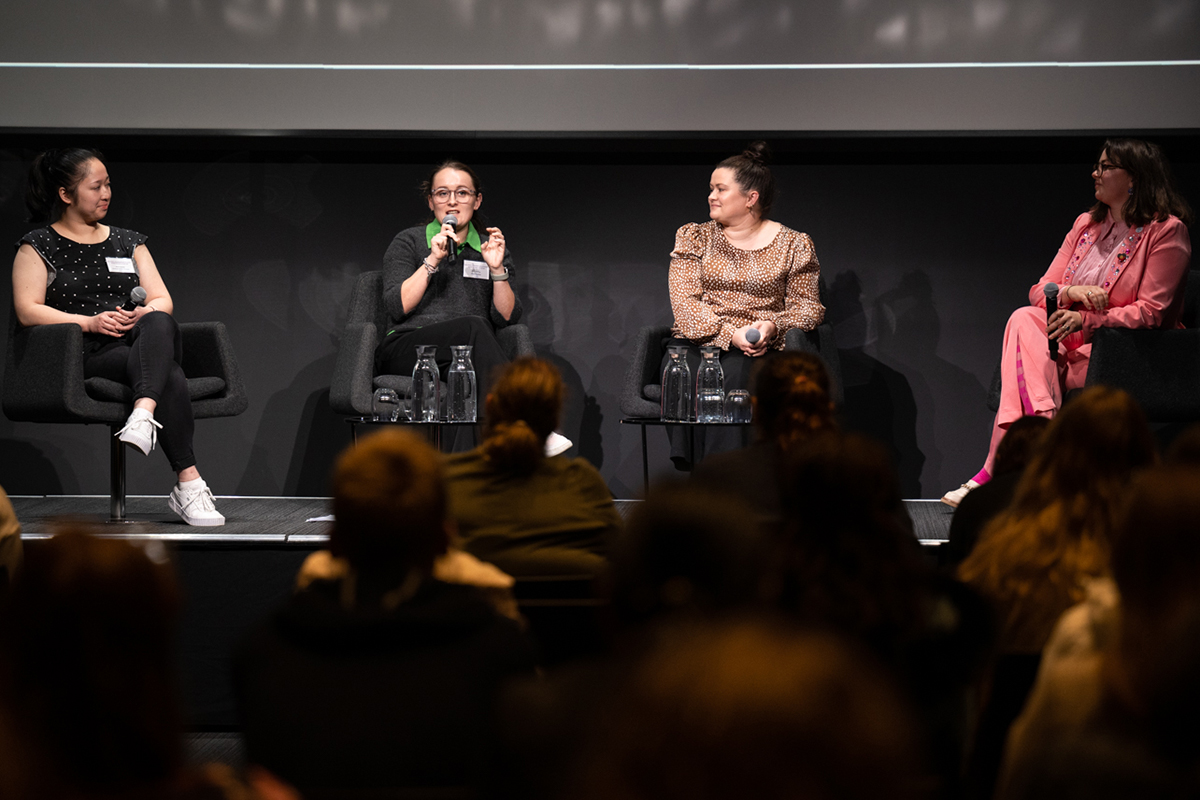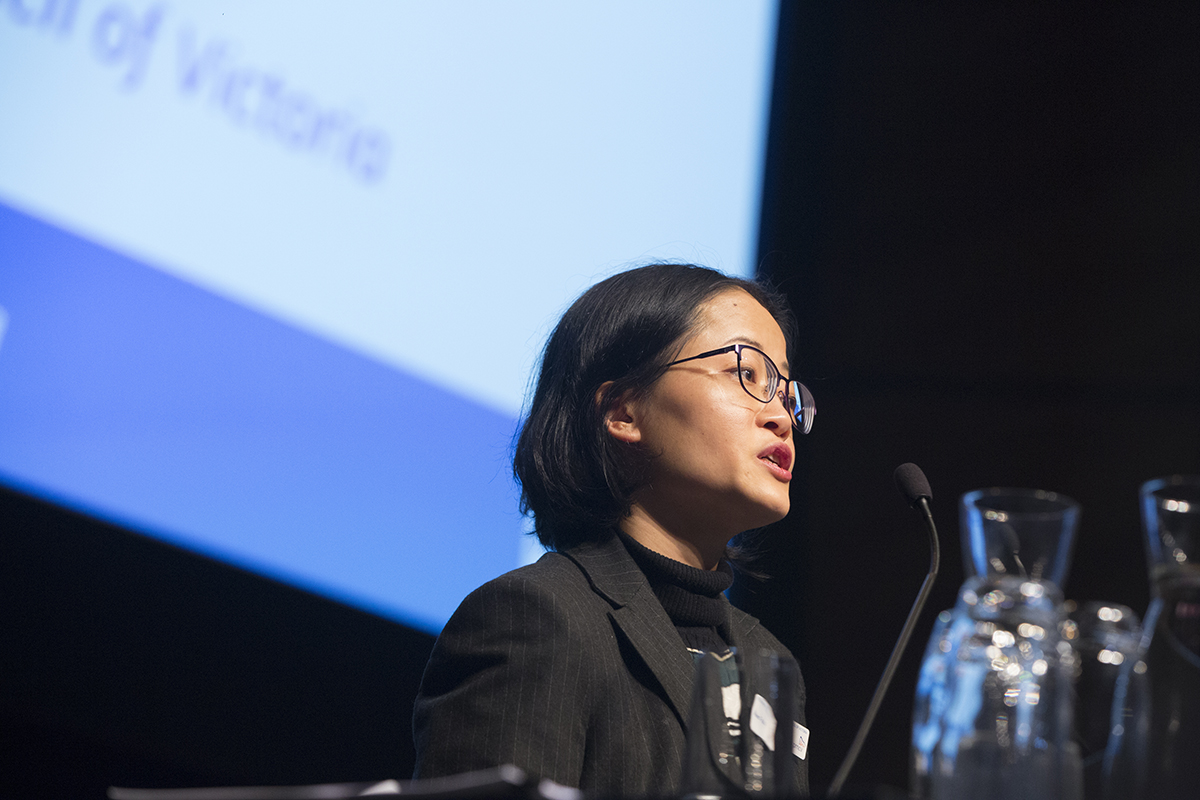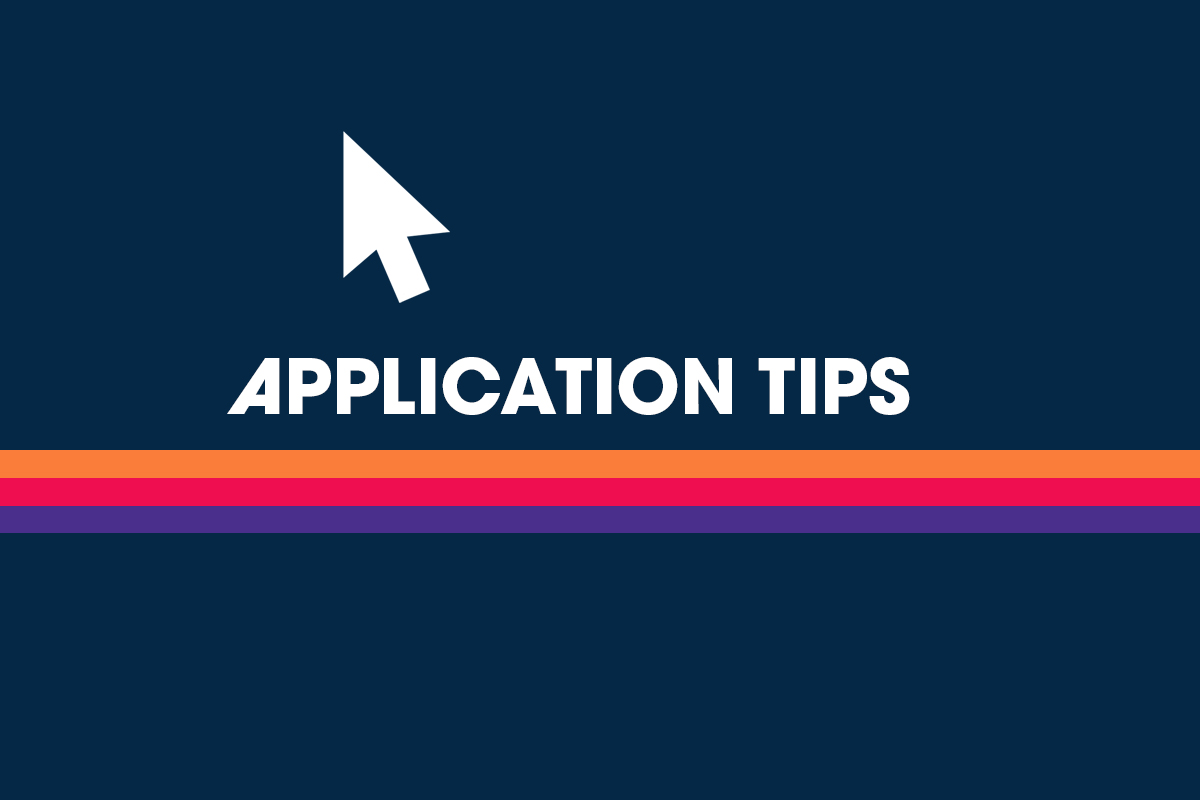Applications for graduate positions using the Postgraduate Medical Council of Victoria (PMCV) computer matching service will open on 10 June 2019. While you have until 4pm Wednesday 17 July to submit your application, advice from graduate program coordinators is to start now, and if you want to increase your chances of being invited for an interview, to pay attention to detail in your applications.
‘Do not leave things until the last minute. Please try to register by mid-July so it gives us time to process your registration,’ is Computer Match Officer at the PMCV, Aileen Falzon’s advice.
Not all graduates are guaranteed a place which is why you should give yourself the best chance for selection by taking the time to carefully prepare your applications.
‘Think about what’s necessary for you, what you want out of a graduate year and look at who can provide that. Take your time, put attention to detail,’ said Katia Forbes, graduate coordinator at Northern Health.
Your applications should be succinct and tailored to each of the hospitals you’re interested in. ‘We know everyone in the room wants a grad position. We want to know why you want a grad position with our hospital’ said Gabby Poulton, education consultant at St Vincent’s Private.
Kelly-Ann Humphrys, graduate program coordinator – nursing and midwifery at Barwon Health said that common mistakes you should avoid include missing reference numbers, incorrect formatting, and incorrect names.
She said you should avoid copy and pasting content from one application to another as that’s how mistakes are easily made. ‘I’ve had letters addressed to me and then as the letter goes on, it becomes apparent they’re talking about rotations we don’t have or services we don’t have.’
‘An effective cover letter links the skills and experience on your resume to the job you’re applying for and the organisation you’re applying to.’
Ensure your letter and resume relate to each other, with your resume building on your letter. It should whet the appetite of the reader so that they want to know more about you by inviting you for an interview.
Kelly-Ann’s tips for your applications:
- plan your applications and do your research of each health service you’re interested to work in so you can tailor your letters and resumes
- follow each health service’s instructions, such as page limits, specific people to address your application to, reference numbers
- sell yourself but be honest
- tailor your application to each individual health service, demonstrating what you know about that organisation and program and how you will be an asset to them
- format your letter and resume with a clean design using plain fonts
- don’t list tasks, provide succinct examples using strong action verbs (e.g. created, developed, coordinated, etc.) For example, if you worked in fast food, don’t write ‘serving customers, worked close shift’, talk about how you managed customer complaints or followed cleaning protocols to ensure hygiene and safety standards.
- don’t copy and paste from one application to another
- have at least one person proofread your application
- use a professional email address (e.g. don’t have usernames like ‘imaprincess’)
- utilise your university careers services to assist you with letters and CVs
- choose your referees wisely and get their permission.
If you would like to increase your knowledge that you could list in your resume, your ANMF student membership entitles you to $80 credit on our CPD Portal for only modules only. Suggested modules include intercultural communication, refugee and asylum seeker health, responding to abuse.




